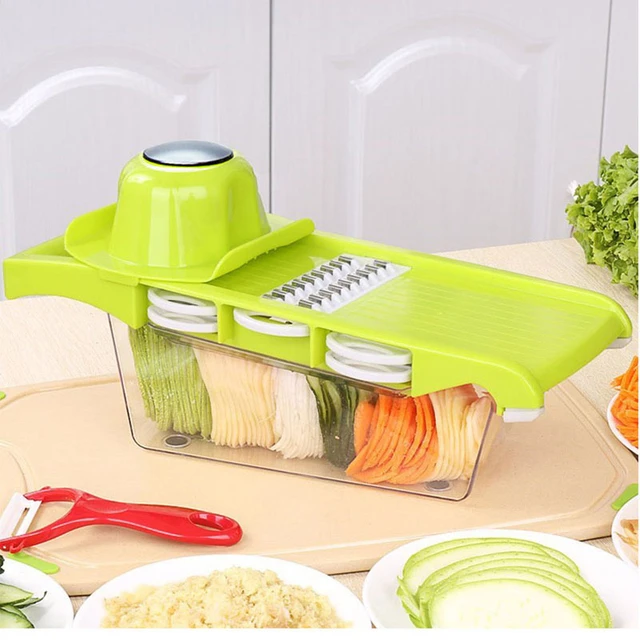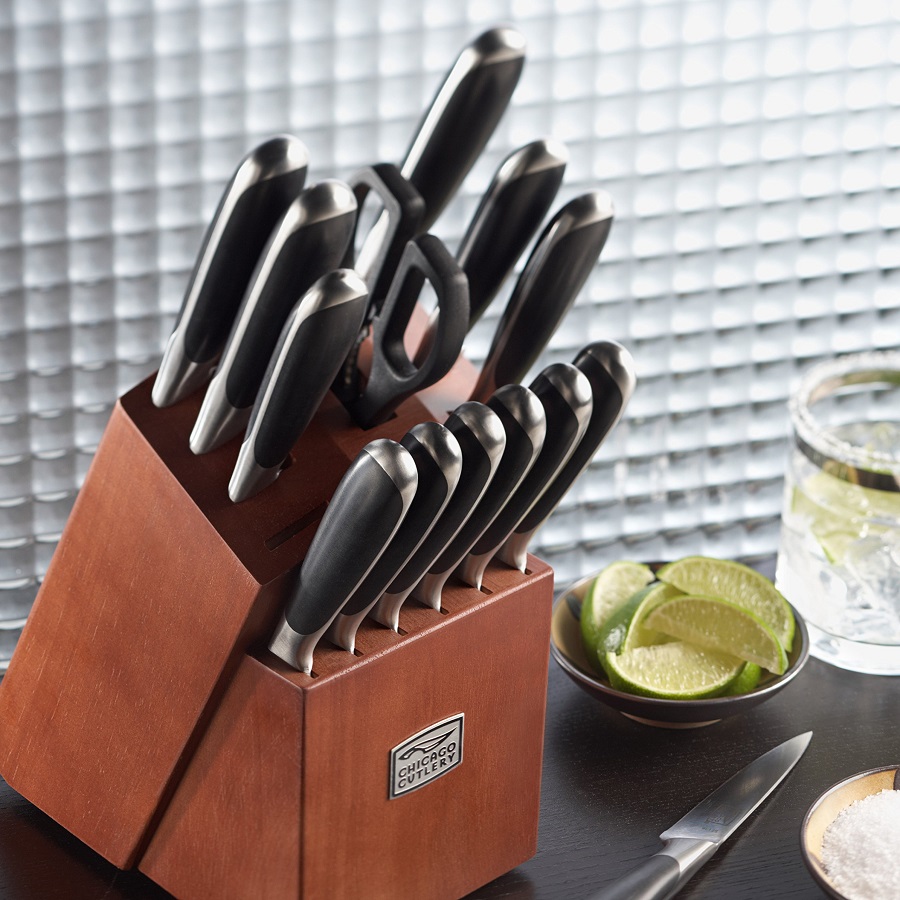Introduction:
A kitchen compost container is an essential tool for those looking to embrace sustainable practices and reduce food waste. In this comprehensive article, we will explore the benefits, considerations, and options available for kitchen compost containers, highlighting their role in promoting eco-friendly habits and creating nutrient-rich compost for your garden. Whether you’re a seasoned gardener, an eco-conscious individual, or someone looking to reduce their environmental footprint, a kitchen compost container offers a practical and sustainable solution for managing food waste.
Reducing Food Waste:
Food waste is a significant environmental issue, contributing to greenhouse gas emissions and wasted resources. A kitchen compost container provides a convenient and practical way to reduce food waste by collecting organic materials such as fruit and vegetable scraps, coffee grounds, and eggshells. By diverting these materials from the landfill, you can significantly reduce your environmental impact.
Creating Nutrient-Rich Compost:
Kitchen compost containers allow you to transform food waste into nutrient-rich compost that can be used to enrich your garden soil. The composting process breaks down organic materials, creating a nutrient-dense soil amendment that improves plant growth and health. By composting kitchen scraps, you can create a sustainable cycle where food waste becomes a valuable resource for your garden.
Odor Control:
One concern often associated with kitchen composting is the potential for odors. However, modern kitchen compost containers are designed to control and minimize odors. Many containers feature airtight lids, carbon filters, or charcoal inserts that help absorb and neutralize odors, keeping your kitchen smelling fresh and clean.
Size and Capacity:
Kitchen compost containers come in various sizes and capacities to suit different needs and kitchen spaces. Consider the amount of food waste you generate and the available space in your kitchen when choosing a container. Smaller containers are suitable for individuals or smaller households, while larger containers are ideal for those with larger families or more substantial food waste.
Design and Aesthetics:
Kitchen compost containers are available in a range of designs and styles, allowing you to find one that matches your kitchen decor or personal taste. Choose from sleek stainless steel containers, rustic ceramic crocks, or practical plastic options. Consider the container’s design and aesthetics to ensure it seamlessly integrates into your kitchen space.
Ease of Use and Maintenance:
Kitchen compost containers should be easy to use and maintain. Look for containers with removable or flip-top lids for effortless filling and emptying. Some containers have removable inner buckets or liners that make cleaning and transferring compost easier. Choose a container that suits your lifestyle and preference for convenience and functionality.
Indoor vs. Outdoor Composting:
Kitchen compost containers are primarily designed for indoor use, allowing you to conveniently collect and store food scraps before transferring them to an outdoor composting system. However, some containers are specifically designed for outdoor use, offering larger capacities and more robust construction. Consider your composting needs and space availability when deciding between indoor and outdoor composting containers.
Educational Opportunities:
Using a kitchen compost container provides an excellent opportunity for education and awareness about sustainable practices. Involve children or household members in the process to teach them about the importance of reducing food waste and composting. By cultivating an environmentally conscious mindset, you can inspire positive change and promote sustainable habits within your household and community.
Advantages of using a kitchen compost container:
Reduces Food Waste:
One of the primary benefits of a kitchen compost container is that it helps reduce food waste. Instead of throwing food scraps into the trash, where they end up in landfills, a compost container allows you to collect these organic materials for composting. By diverting food waste from landfills, you can minimize methane gas emissions, a potent greenhouse gas produced during the decomposition of organic waste.
Creates Nutrient-Rich Compost:
A kitchen compost container enables you to turn food scraps into nutrient-rich compost. The decomposed organic materials, such as fruit and vegetable peels, coffee grounds, and eggshells, transform into a dark, crumbly substance known as compost. This compost can be used to enrich soil, provide essential nutrients for plants, and promote healthy growth. By creating your own compost, you reduce the need for synthetic fertilizers and contribute to a more sustainable gardening practice.
Improves Soil Quality:
Compost derived from a kitchen compost container improves soil quality. It enhances the soil’s ability to retain moisture, promotes aeration, and increases its nutrient content. By adding compost to your garden beds, containers, or houseplants, you can boost plant health, encourage strong root development, and improve overall plant productivity.
Steps to clean a kitchen compost container:
Empty the Container:
Start by emptying the contents of the compost container into your outdoor compost bin or pile. Remove any large debris or food scraps stuck to the sides or bottom of the container.
Rinse with Water:
Rinse the container with warm water to remove any remaining residue. Use a gentle stream of water or a spray attachment to thoroughly rinse the inside and outside of the container.
Use Dish Soap:
Apply a small amount of dish soap to a sponge or dishcloth and scrub the interior and exterior of the container. Pay extra attention to areas with food residue or stains. Use gentle circular motions to effectively clean the surface.
Rinse Again:
After scrubbing, rinse the container with warm water to remove the soap residue. Ensure that all soap is thoroughly rinsed away to prevent any soapy taste or odor.
Disinfect (Optional):
If desired, you can disinfect the container by using a solution of equal parts water and white vinegar. Spray or wipe the solution onto the interior and exterior of the container, then rinse it off with warm water.
Dry Thoroughly:
After cleaning and rinsing, allow the container to air dry completely before using it again. This will help prevent any moisture buildup or potential odor.
Regular Maintenance:
To prevent odors and maintain cleanliness, it’s essential to perform regular maintenance on the kitchen compost container. Empty and clean the container at least once a week or as needed, depending on the amount of food waste generated.
By following these simple steps, you can keep your kitchen compost container clean and odor-free, ensuring its effectiveness in collecting and storing food scraps for composting.
Conclusion:
A kitchen compost container is a valuable tool for embracing sustainable practices and reducing food waste. By collecting organic materials and transforming them into nutrient-rich compost, you can contribute to a healthier environment and nourish your garden. With a range of sizes, designs, and functionalities available, kitchen compost containers can seamlessly integrate into your culinary space while promoting eco-friendly habits and awareness. Embrace the benefits of a kitchen compost container as you reduce your environmental footprint, create valuable compost, and cultivate a more sustainable lifestyle.








